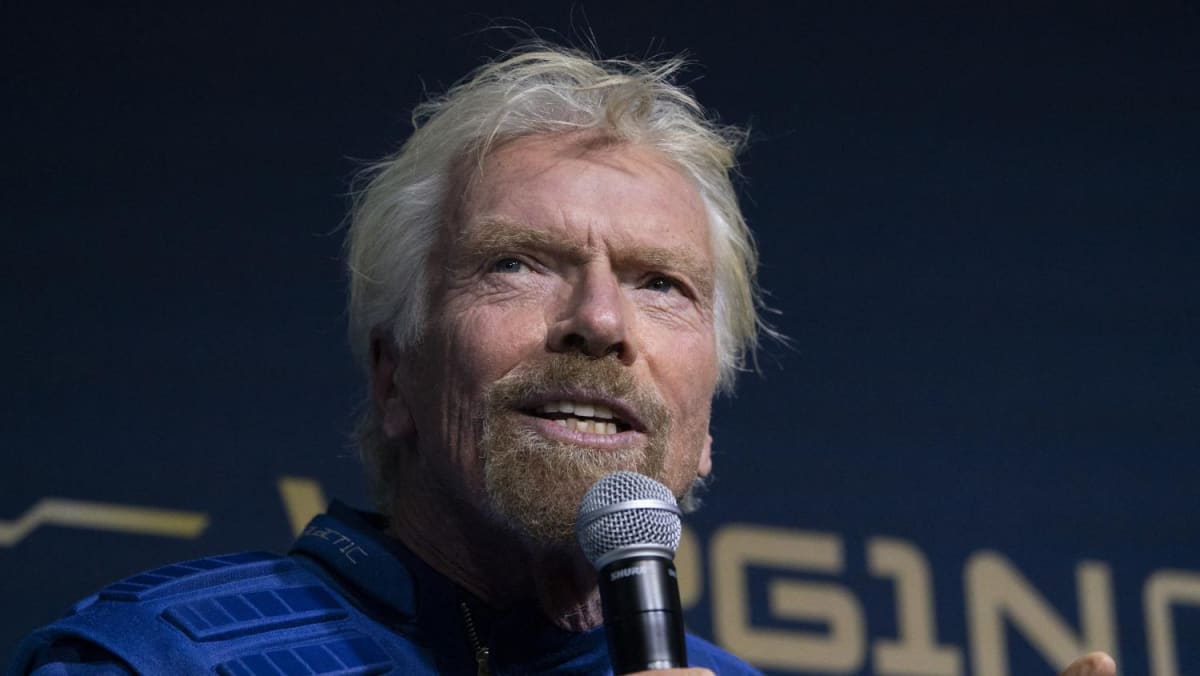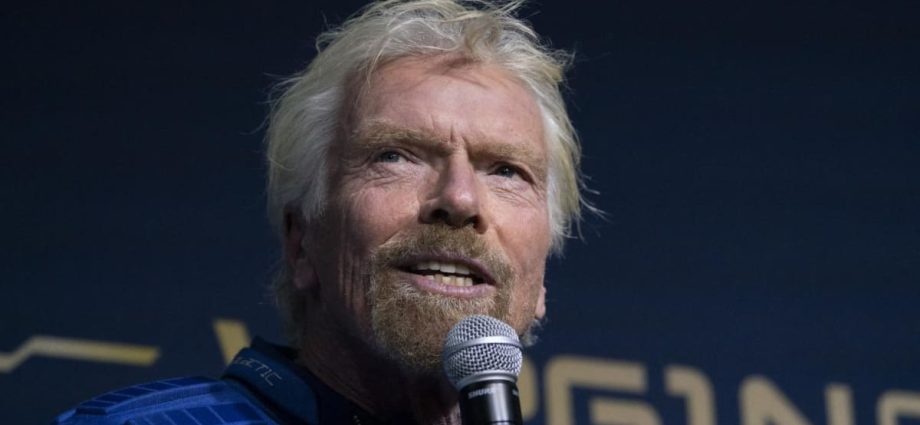
Apart from Mr Branson, statements were also issued by the Delegation of the European Union to Singapore and Australian MP Graham Perrett.
The EU statement, which was jointly issued on Monday with the diplomatic missions of EU member states, Norway and Switzerland in Singapore, called on authorities to halt Tanagaraju’s execution and commute his sentence to a non-capital sentence.
Mr Perrett, meanwhile, had expressed his views in a Facebook post last Thursday, saying he was “concerned that the planned execution of Tangaraju violates international law standards”.
On Tuesday, MHA reiterated Singapore’s “zero-tolerance” stance and what it called a “multi-pronged approach” to tackling drug abuse, which includes rehabilitation programmes.
“The death penalty is an essential component of Singapore’s criminal justice system and has been effective in keeping Singapore safe and secure,” said MHA, adding that it is applied “judiciously with stringent safeguards”.
Singapore has also repeatedly said that the capital sentence has helped prevent major drug syndicates from establishing themselves here.
Last September, Law and Home Affairs Minister K Shanmugam said Singapore’s policy of having the death penalty for drug trafficking is one that is in the interest of Singaporeans.
He cited a survey done by his ministry among non-Singaporeans from parts of the region, where 83 per cent of the respondents said the death penalty made people not want to traffic substantial amounts of drugs into Singapore.
“If I removed the death penalty, the flow of drugs into Singapore will be much higher. Your lives, your siblings’ lives, many other lives would be at risk. More people will die in Singapore if we removed the death penalty,” he said then.
A separate survey by the ministry showed that nearly 87 per cent of Singaporeans support the death penalty.
“So there isn’t a great deal of argument within Singapore. It’s some people who keep repeating the points,” the minister said, adding that Singapore is not alone in capital punishment laws. The death penalty is also in place in the world’s three largest countries – China, India and the United States.
Mr Shanmugam also said that in Singapore, help is offered to drug abusers “who haven’t committed any other offence”.

